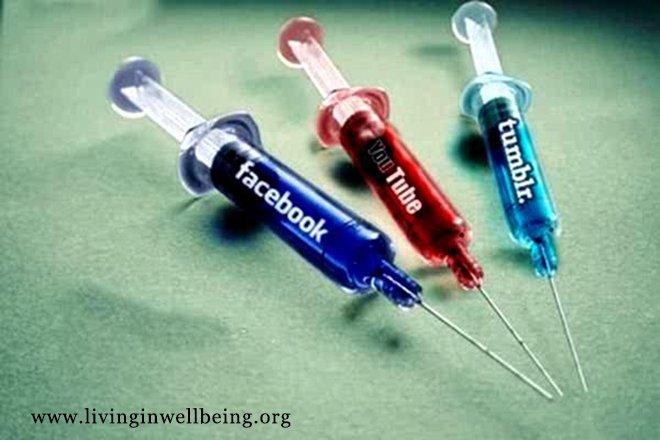
In the ever-expanding world of addiction 12-step programs, there exist Gamblers Anonymous, Alcoholics Anonymous, Narcotics Anonymous and even Over-Eaters Anonymous, and according to specialists in Britain, Text Messagers Anonymous may soon be next.
The Priory Clinic, one of Britain's best known psychiatric clinics and a respected authority on addiction, announced Monday that there has been a huge rise in technology-related addictions recently, and in particular, addictions to text messaging and internet surfing.
"We have a situation where some people look down on alcoholics and cocaine addicts, but then go and spend five hours in an Internet chat room," Priory Clinic employee Dr. Mark Collins said in an interview with London's Sunday Telegraph.
Text messaging, or sending quick notes through cell phones, has been increasing in popularity since it first debuted Dec. 3, 1992, when an engineer named Neil Papworth sent the first text message saying "MERRY CHRISTMAS" to his colleagues at Vodafone, from a PC to a mobile phone on the Vodafone GSM network in the UK. It was not until 1999 that text messaging took off, however, when mobile phone companies allowed users to send texts to people signed up with other networks.
Now, the rapid-fire messaging service is available through almost all cellular carriers, and with the average company charging 10-15 cents per text, the spending can easily add up if users fail to monitor their usage.
"I don't really worry about it too much because it's cheaper during the day to text than call when I don't have many daytime minutes," University of Wisconsin freshman Amanda Blomquist said. "But I don't really do it an insane amount or anything."
Employees at the Priory Clinic have reported some patients spending up to seven hours a day text messaging. And according to UW assistant professor of psychology Charles Landry, that is when a simple habit can be taken too far and it can become a texting addiction.
"Addiction is an odd thing," Landry said. "More and more, we are finding that everyone is genetically able to develop an addiction, but it is still unknown why some people develop addictions to some things, and other people completely different things."
Landry went on to explain that addictions in general stem from the brain's prefrontal cortex, where decisions are made and rewards are registered. Addictions are created in the brain when a certain activity or product stimulates the release of the hormone dopamine, which then creates a pleasurable chemical rush through the body.
"In an addiction, such as text addiction, the decision-making aspect of the prefrontal cortex is kind of ignored, and the result is the person will do an act over and over without the hesitation a normal' person would have, in order to receive that rush," Landry said.
According to Landry, there are really no effective cures for addictions yet, but with an addiction like text messaging, cognitive therapy would usually be the best option.
"There are no drugs you can take to cure this yet," Landry said. "But often times the addiction will be a symptom of a larger problem such as depression or anxiety, and they can prescribe medicine for the treatment of those problems."












